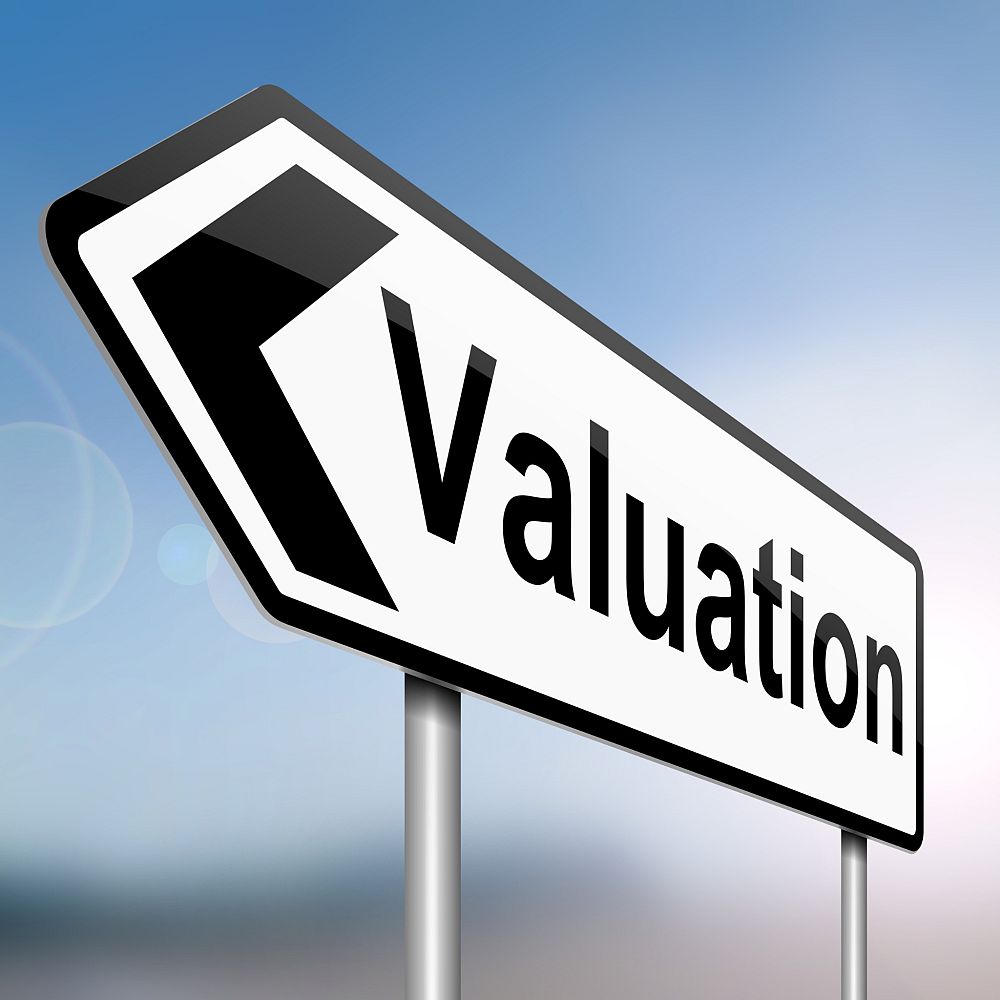Do You Need a Business Valuation or an Appraisal?

Do You Need a Business Valuation or an Appraisal?
So, what is the difference between a business valuation and a business appraisal?
The secret is not to worry about which word is being used, but to understand the reason for the assessment of business value being made.
A business valuation will always give you as its conclusion, an opinion of value. That will be the reason that the valuation is commissioned. A business appraisal may very well end up being a valuation of the business, but appraisal suggests that matters outside standard valuation factors may be considered in arriving at the final appraisal conclusion.
History..
Value a business = value its assets.
With the advance of the services age, and now the information age, most of the time a business valuer will be valuing intangible assets and not tangible assets. This will usually involve intellectual property, databases, customer information, relationships with customers, ongoing royalty income, etc.
So where does that leave the distinction between valuation and appraisal today? While accepting that the terms can be used interchangeably, what are some of the differences that you might find when people are talking about each term.
A Business Valuation is commissioned:
-
For litigation purposes
-
To solve commercial dispute.
-
To determine value of shares among shareholders.
-
For taxation investigation or general tax purposes
-
When the opinion is required to be independent.
Business valuations in this category will be defining value as market value, the price at which a willing but not anxious buyer, and a willing but not anxious seller would be prepared to transact with equal information on both sides of the transaction.
A Business Appraisal will be sought.
-
To determine the value of a business prior to sale or purchase
-
Where current owners want to understand how much the business is worth with a view to improving its value
-
Where the aim maybe not so much to arrive at a business valuation opinion, but to generally assess the strengths and weaknesses of a business.
- Where independence of the appraiser is not important.
Business appraisals in this category may be defining value as market value, but they may otherwise be defining value as investment value or value specific to a particular buyer that exists in the marketplace.
If you’ve been asked by a solicitor acting for a party involved in litigation to act as an expert witness, you know you are going to do a business valuation, as it must be an independent report and you may be cross-examined on the accuracy of the report as well as the independence of your opinion.
If a business broker is asked on behalf of a business owner to appraise a business that the broker is going to sell, the broker is clearly doing an appraisal. A broker doing an appraisal, not been bound by the restraints of market value, can consider all matters relating to that business that could affect the potential sale.
About the author

Tony Arena
Tony is Managing Director of Business Connection International, a Business Broking company based in Crows Nest Sydney. With 35 years ...





